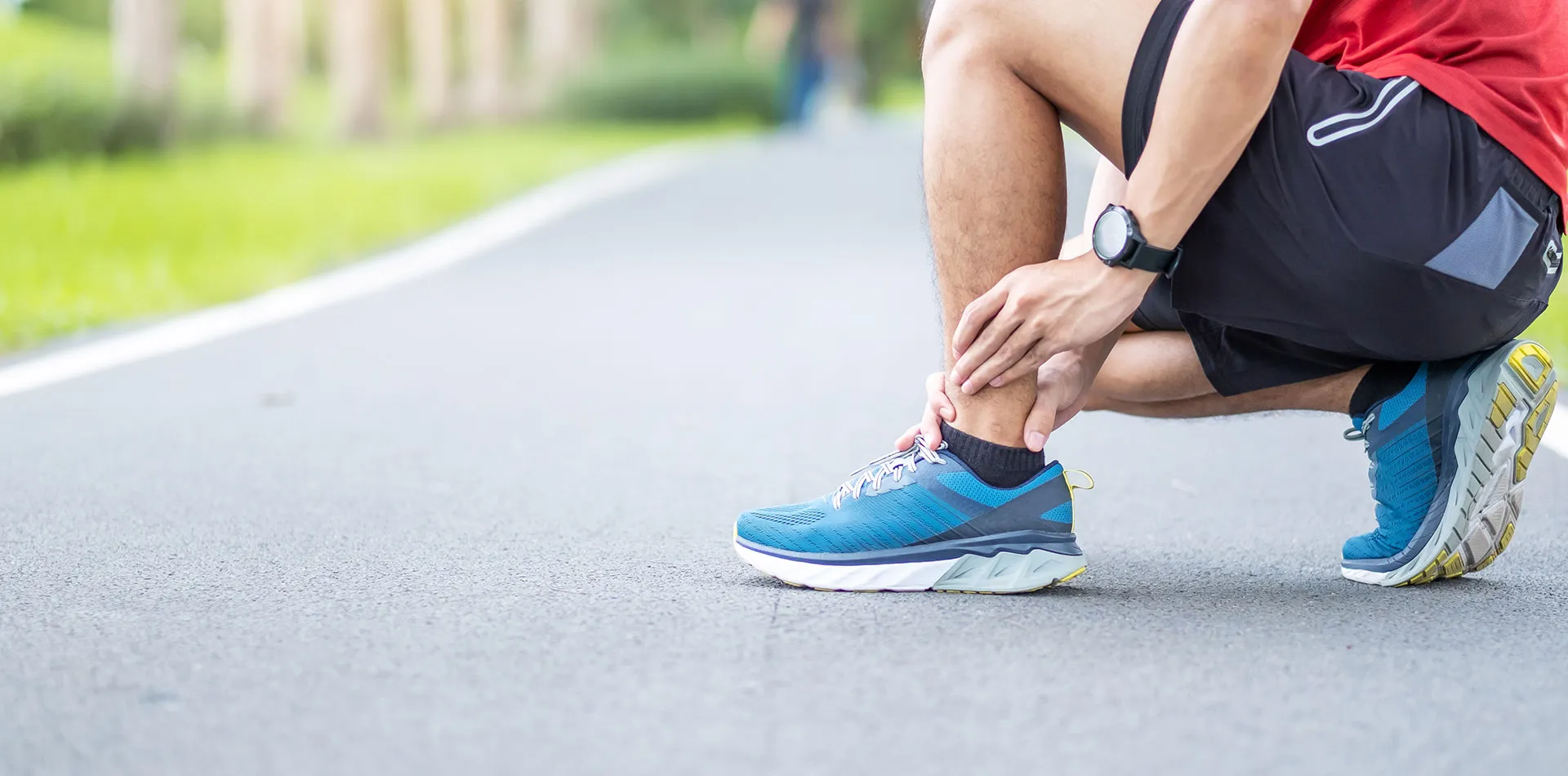
Achilles tendinitis occurs when excess strain is put on the Achilles tendon, resulting in inflamed tissues. The Achilles tendon is the tissue that joins calf muscles to the heel bone, down to the back of the lower leg.
The condition generally happens to runners, athletes, and middle-aged sports enthusiasts due to micro-tears in the tendon while performing strenuous, high-impact exercises or playing games like tennis or basketball.
Mild cases of Achilles tendinitis can be treated at home with proper rest and self-care as advised by the doctor. However, critical patients that may have tendon tears (ruptures) would require surgical repair. Change in the exercise routine, adopting right fitness strategies prevents recurring.
Achilles tendinitis pains usually start with a mild ache in the back of the leg or above the heel after performing the sports activity. Severe pain happens when strenuous activities such as running, stair climbing, or sprinting are performed for long. You may undergo tenderness or stiffness in the leg in the morning that usually recovers with mild activity.
If continuous pain occurs around the Achilles tendon, you need to call your doctor. You will need medical attention if there is severe pain or disability, usually because of tearing (ruptured) of the Achilles tendon.
Achilles tendinitis happens due to overuse or intensive use and strain on the Achilles tendon during different activities like walking, running, jumping or push up on your toes.
With age, the construction of the Achilles tendon tends to weakens, making it prone to injuries. It mainly happens when people occasionally participate in sports or suddenly raise the intensity or duration of their running programs.
Several factors can raise the risk of Achilles tendinitis, such as:
Physical conditions: If you have a naturally flat arch in your foot, it may add strain to the Achilles tendon. Obesity and tight calf muscles also raise tendon pull.
Workout conditions: Running with worn-out shoes puts you at the risk of Achilles tendinitis. Also, extreme weather conditions [hot or cold] and running on hilly terrain may urge Achilles injury and pain.
Medical factors: Health conditions like psoriasis or high blood pressure set a higher risk of developing Achilles tendinitis.
Medications: Some medicines, like few antibiotics, called fluoroquinolones, are associated with higher rates of Achilles tendinitis.
The prolonged condition of Achilles tendonitis may impair the tendon, hence more likely to a tear (rupture) — a severe, painful injury where surgical repair is needed.
These steps will help in lessening the risk of Achilles tendinitis:
Gradually increase your activity: For workout beginners, start moderately and progressively improve the span and intensity of the training. Don't be hard on yourself: Don't perform activities that put excessive stress on your tendons, like hill running. If you do such vigorous workouts, start with a warm-up, and if any pain occurs, stop and rest. Wear proper shoes: Your footwear should have adequate cushioning for your heel, firm arch support to help lessen the tension in the Achilles tendon. Practice regular workout: Take time to develop strength in your calf muscles and Achilles tendon for managing the pressures they encounter during exercise.
Cross-train: Train yourself with alternate high-impact exercises, such as running and jumping, or low-impact activities, such as cycling and swimming.
Patient Experience